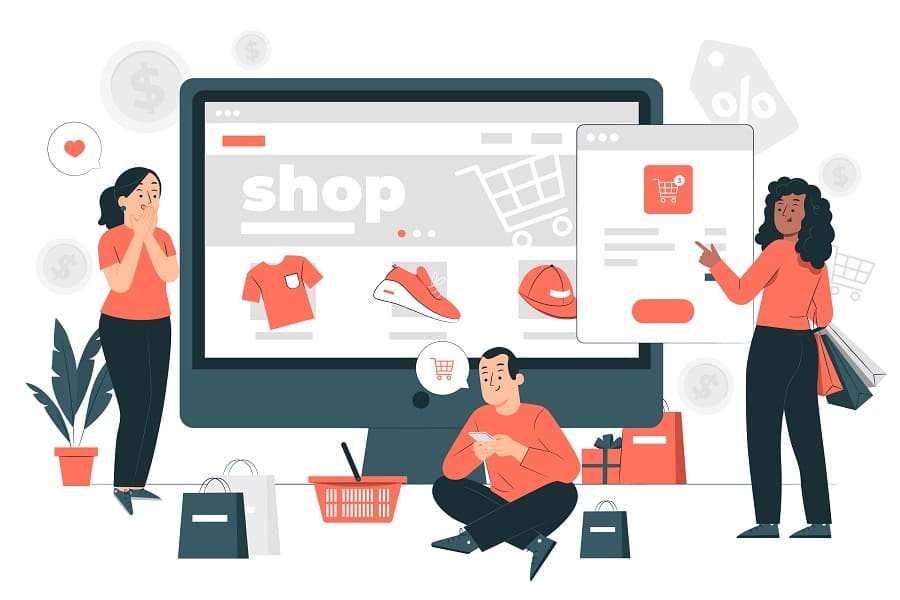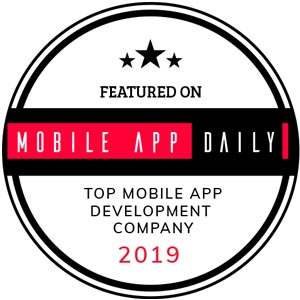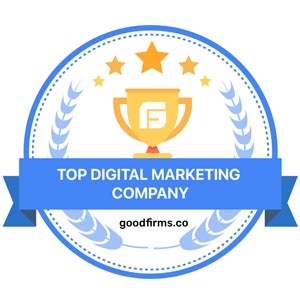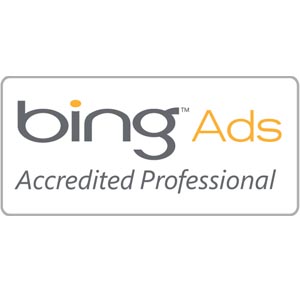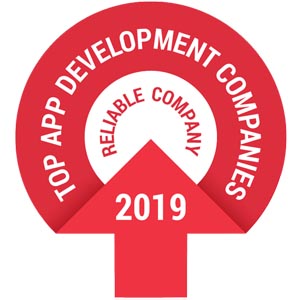Ecommerce is a massively expanding part of the economy, both in the U.S. and globally. As statistics show, Asia is currently leading the total retail ecommerce revenue worldwide at 1.69 trillion U.S. dollars while the Americas follow with nearly 1 trillion U.S. dollars in 2022. With retail ecommerce growing year by year, it is crucial to have a little bit of an understanding of what exactly goes into the creation of ecommerce websites themselves – especially if you are looking to work with a web design company that can help you create the framework of your site.
Developing an ecommerce website involves a lot of moving parts, especially during the development phase. And one of the most important parts of developing an ecommerce website is choosing the programming framework that will be used. Different programming frameworks can affect things like website functionality, how well it runs, and the overall customer experience that visitors will have.
Ensuring that the best framework is chosen will be key in creating a final ecommerce website that delivers on all of the needs that you have. Below, we take a closer look at what an ecommerce framework is and what some of the best frameworks are.
What is an Ecommerce Framework?
First and foremost, what is an ecommerce framework for those who do not know? An ecommerce framework, at its most basic, is a framework that provides developers with an environment for building ecommerce applications quickly and efficiently.
An ecommerce framework consists of a collection of tools, libraries, and other elements that help to streamline the development process. Developers use frameworks to help eliminate programming errors and save on development time.
Particularly for an eCommerce website development company, a framework allows us to create a powerful final product to deliver to you. We use ecommerce frameworks to streamline our team’s process from start to finish. Both front and backend frameworks equip our experienced team with the core foundation needed to build out ecommerce websites that are functional and high quality.
What is the Best Framework for Ecommerce Websites?
With so many different ecommerce frameworks out there, it can certainly be a tough choice to choose the best framework. But in choosing the best framework for a project, factors like what type of business model you have, what products or services you offer, and what the overall user experience you want your customers to have will play a key part in which framework is best.
With those factors in mind, here are a few of the best frameworks for ecommerce website design.
WooCommerce
WooCommerce is a very popular self-hosted, open-source framework. For WordPress websites specifically, WooCommerce was released in 2011. Initially started in 2008 under the title of WooThemes, the shift to focusing on ecommerce exclusively came in 2017 and WooCommerce now empowers small and medium businesses in their ability to sell online.
The starter selection available from WooCommerce offers plenty of ecommerce features that any business would need – from taking payments to new product promoting. And due to it being open source, WooCommerce also provides web developers and development companies with total control over store management and customization options. It is a very flexible ecommerce framework and offers a lot in the way of customization.
Django
Django is another open-source ecommerce framework. It is a high-level Python web framework that puts a lot of emphasis on reusable elements and components, which affords developers the ability to develop web applications much faster. As a full-stack framework, it brings a robust number of tools to the table for developers.
As a very scalable framework, Django is a great option for business owners who know that they will be scaling up in the future. Django is perfect for smaller websites that expect to grow, offering plenty of features that can easily be replaced as your business needs shift over time. Like some of the other frameworks mentioned, Django is also feature-rich. Developers can integrate features like content management and secure user authentication as they build a powerful ecommerce website.
Shopify
Perhaps one of the most popular ecommerce software out there, Shopify is a fantastic framework that offers a lot of basic functionality right away. A very flexible and feature full platform, Shopify ties in everything that someone needs to run a business into one location. There are plenty of built-in features that developers can make use of with the freedom to also integrate other applications, like Google Analytics, various social media platforms, and apps you can use to run a successful online storefront.
Shopify has a simple-to-use dashboard that makes your and our jobs easier – such as adding new products to your store and allowing for easy customization. As an ecommerce framework, Shopify allows us to create website themes and designs that are truly streamlined and effective for an online store.
And if you are moving from a different type of ecommerce platform, Shopify makes it extremely easy to move over all of your information to their platform with their migration. Their moving process allows us to migrate all of your important data and information directly into Shopify.
Drupal
Depending on your online store needs, Drupal may be the framework for you. Drupal is a great choice for online stores that are growing or just getting started. As a ready-made, open-source platform, Drupal brings a lot to the table such as the ability to integrate with third-party services and best practices that center around safe, dependable releases.
Whether you are just getting started or your business has been around for some time, Drupal is a framework that helps teams to grow, both in their productivity and what they can offer to customers online. You will be able to easily integrate features like product marketing and payment tools that serve your customers and help you to run an efficient ecommerce business.
Which Backend Framework is Best for Ecommerce Websites?
One of the best backend frameworks for ecommerce website development is Node.js. Node.js is a cross-platform, open-source framework for JavaScript. Some key elements that make Node.js perfect for backend framework development include:
- Speed: Websites and apps developed with Node.js benefit from its speed. This speed makes it a prime choice for real-time, web-based communications with your customers and to provide them with a seamless online experience.
- Security: Cyber security is critical for an online business. Node.js’ ever-expanding library of tools and programs allows us to keep security features updated easily.
- Scalability: js was designed with scaling in mind. Its high-scalability is achieved through its event-driven and non-blocking I/O. Scaling is done using fewer resources without sacrificing performance.
Connect with an Ecommerce Website Development Company Today
When it comes to choosing the right framework for your ecommerce needs, there’s no one better equipped to help you than Split Reef. Our team is dedicated to providing you with top-notch digital development.
You can connect with us online or over the phone today for a free quote.

Split Reef is a modern, results-driven digital organization always ready to support clients in their search for digital supremacy. With Split Reef, your budget isn’t going to hold you back from partnering with us to make your project successful. Our offices are located in Columbus, Ohio and Jacksonville, Florida.
